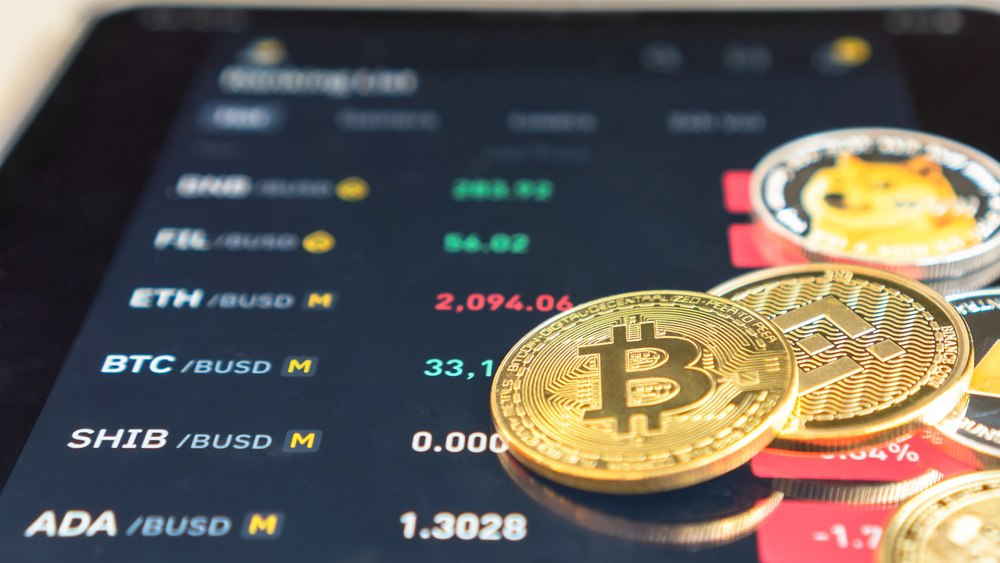On November 28th, Whale Alert, an on-chain data platform, reported that Binance sent over 127,351 BTC (worth more than $2 billion) to an anonymous wallet. The news of the transfer sent shock waves across the crypto community.
The on-chain data revealed the transfer took place at 10 am UTC. Binance paid only 0.000026 BTC ($0.42) for the transaction.
The news triggered FUD rumors in the crypto sector. However, Changpeng Zhao, the CEO of Binance, took to Twitter to ease the concerns of the crypto community.
He tweeted that Binance’s latest crypto transfer is part of the exchange proof of reserve (PoR) audits. Zhao also asked the crypto community to keep calm and discard all rumors.
“Our auditor needs us to transfer a certain amount of crypto to ourselves. This is to show that we control the crypto wallet. The rest of the fund goes to a new address,” Zhao added.
Furthermore, the CEO referred to his tweet in 2018. In that tweet, Zhao encouraged the crypto community to know more about “change addresses” and blockchain transactions.
“We shall be moving funds between our cold crypto wallets. One way to tell is that there will be two small transfers between a new and an existing wallet. Afterward, there will be a large transfer. No need to worry,” the 2018 post read.
Kraken CEO Criticizes Binance’s PoR Approach
While talking about the high FUD in the crypto community, Zhao chided those who believe in it. The CEO argued that such people are usually poor most of the time.
Meanwhile, Binance’s latest transaction has caused investors to be wary. Moreover, the Binance CEO recently warned users about exchanges that move significant funds to prove they have sufficient funds in their crypto wallet address.
His tweet stated that it is a “sign of problems.” Hence, it appears the Binance CEO is contradicting himself.
Binance’s latest BTC transfer comes after a recent comment from Jesse Powell, Kraken’s co-founder. Powell stated that the PoR approach adopted by Binance is “pointless” without liabilities.
Besides, several experts in the crypto industry also share Powell’s beliefs. They believe exchanges having proof of reserves are worthless if there is no liability. Such experts include Samson Mow, CEO of Jan3, and Hassan Sheikh, an executive at DAO Maker.
According to them, exchanges cannot fake their liabilities. In contrast, they can fake their reserves before publishing them publicly.
